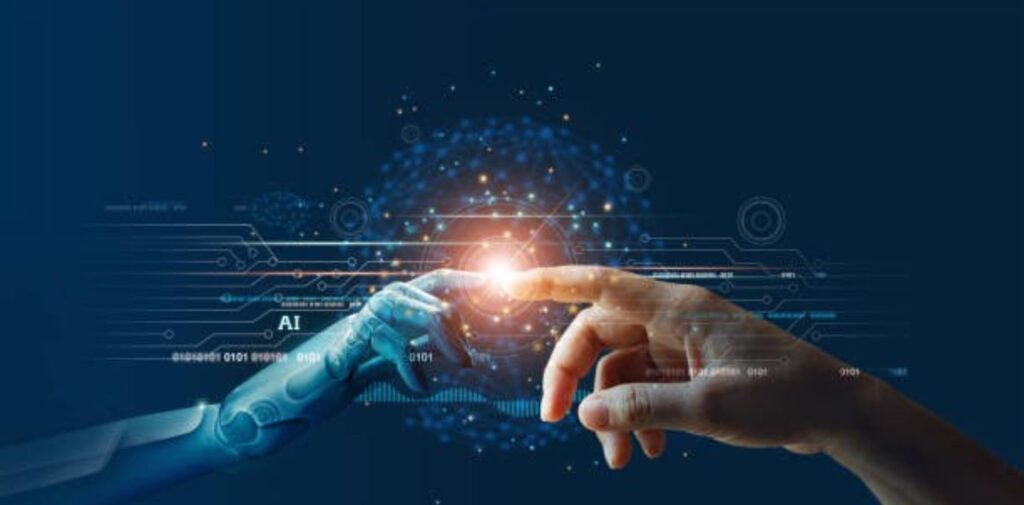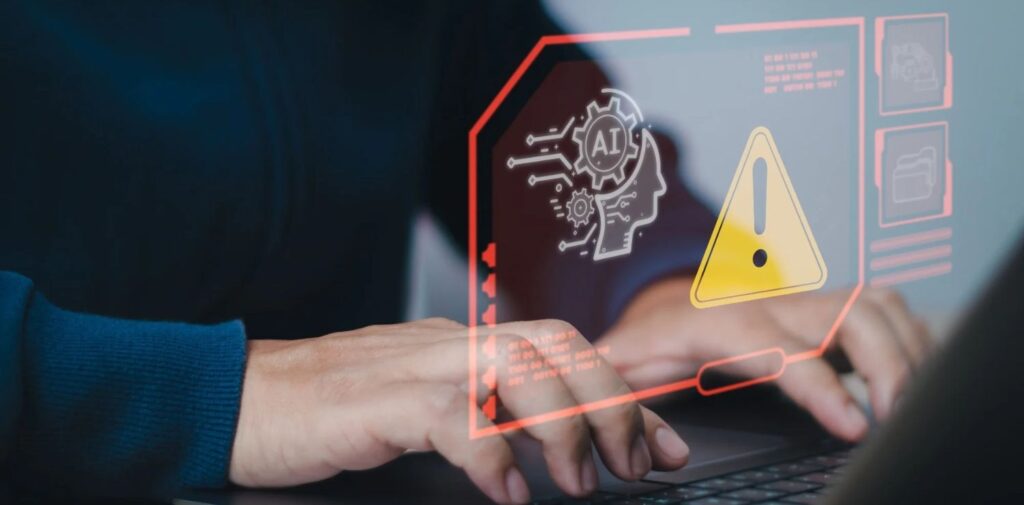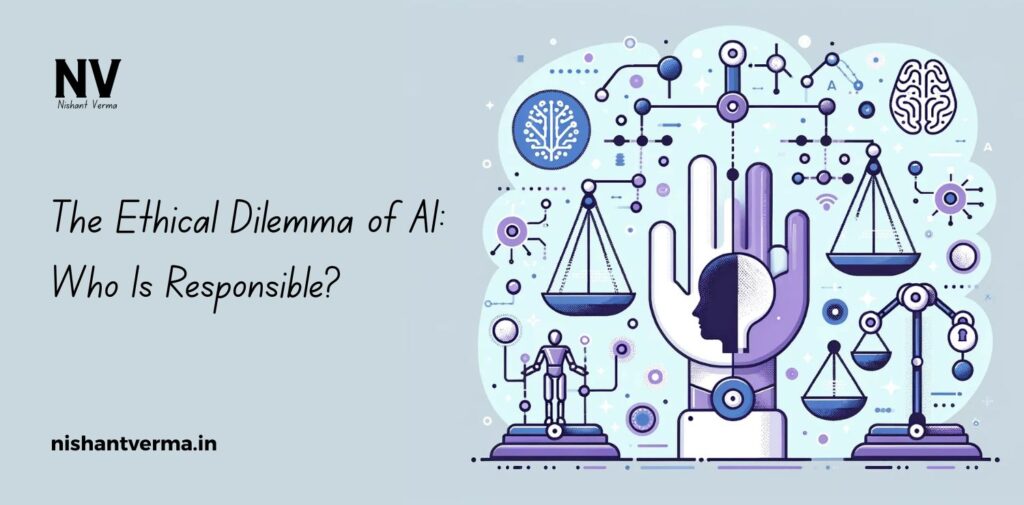In today’s rapidly advancing world, Artificial Intelligence (AI) is no longer just a concept found in science fiction. From self-driving cars to virtual assistants like Siri and Alexa, AI has become an integral part of our daily lives. However, this technology comes with its own set of challenges and ethical concerns. One of the most pressing questions surrounding AI is: who is responsible for its actions? In India, where technology is growing at an impressive pace, this question has become even more significant.
As AI continues to grow, it raises important ethical dilemmas that need careful consideration. This article delves into the complexities of AI responsibility, focusing on the issues that impact us as individuals, society, and even the law.

Understanding the Role of AI in Our Lives
Artificial Intelligence is a field of computer science designed to create machines capable of performing tasks that would normally require human intelligence. These tasks include recognizing speech, making decisions, translating languages, and even playing games. AI systems can be found in various industries in India, from healthcare and education to agriculture and transportation. In recent years, AI’s influence has increased dramatically.
AI has the potential to make our lives easier by automating tasks, improving efficiency, and enhancing decision-making. However, with such power comes a great deal of responsibility. As AI becomes more sophisticated, it becomes more difficult to pinpoint who should take the blame when things go wrong. This is especially concerning in fields like autonomous vehicles, healthcare diagnostics, and online content moderation.
The Role of Developers and Engineers
One of the primary groups that are often blamed when an AI system makes a mistake are the developers and engineers who design and build these systems. They are responsible for creating the algorithms that drive AI. In India, where many tech professionals work on AI projects for companies around the world, the responsibility of the developer is a key area of debate.
Developers are expected to design systems that are free from bias, errors, and harmful behaviors. However, AI systems learn from data, and if the data used to train these systems is flawed or biased, the AI system can perpetuate those flaws. For instance, if an AI system is trained on biased data, it might make unfair decisions, such as discriminating against people based on their gender, age, or ethnicity.
This raises the question: Should developers be held responsible for the outcomes of AI systems, especially when those outcomes were not intended? While developers play a significant role in shaping the functionality of AI, it’s important to acknowledge that not all errors can be predicted or controlled.

AI as a Tool: Accountability and Ownership
Another perspective on the issue of AI responsibility is that AI is simply a tool. Just like any other machine, AI can be used for good or bad purposes depending on how it is wielded. This leads to the question of ownership and accountability. If an AI system causes harm, should the responsibility fall on the company that owns it or the users who operate it?
In India, where the startup culture is thriving, many AI-driven companies are emerging. Some of these companies create AI systems that can assist in areas like healthcare, banking, and education. But if an AI system developed by a company causes harm to an individual or a group, who should be held accountable?
In many cases, the companies that design and deploy AI are often the ones held responsible. For example, if an AI algorithm used in a self-driving car makes a mistake and causes an accident, the company that developed the AI might be held accountable. Similarly, if an AI system in healthcare misdiagnoses a patient, the company behind the system could face legal action. However, there are no clear laws yet in India that directly address these concerns, which leads to confusion and uncertainty regarding responsibility.
Government Regulation: The Need for Laws
One of the critical issues in the ethical dilemma of AI is the lack of proper regulation. In India, the government is still in the early stages of regulating AI technology. While other countries have started implementing laws to hold AI systems and their developers accountable, India has yet to create comprehensive policies to ensure the responsible use of AI.
Without proper regulations, the responsibility for AI’s actions remains unclear. The lack of a legal framework leaves both companies and individuals in a gray area. To address these concerns, it is essential that the government takes steps to implement laws that provide clarity on who is responsible when AI systems cause harm.
AI laws should address issues like data privacy, fairness, transparency, and accountability. Clear guidelines should be created for AI developers, businesses, and users to follow. These regulations will help ensure that AI systems are designed and used ethically, and that individuals are protected from harm caused by AI.
The Role of Society in AI Ethics
The responsibility for AI’s ethical use does not lie solely with developers or governments. Society as a whole plays a crucial role in ensuring that AI is used responsibly. As consumers of AI technology, we must also consider the ethical implications of our actions.
For instance, AI is increasingly being used to collect data about individuals to improve user experiences or target advertisements. This raises questions about privacy and consent. In India, where data privacy laws are still evolving, individuals must be aware of the risks and take steps to protect their personal information.
At the same time, as users, we need to hold companies accountable for how they use AI. If an AI system is causing harm or behaving inappropriately, it is essential that individuals speak out and demand changes. This could be through legal channels, social media, or by simply choosing not to use certain products or services.
In this way, society can act as a safeguard, ensuring that AI is used for the greater good and does not cause unintended harm.

Looking Ahead: Balancing Progress and Responsibility
The future of AI is filled with both incredible possibilities and significant challenges. As the technology continues to advance, it is essential that we strike a balance between progress and responsibility. In India, where the potential for AI is vast, it is crucial that the ethical considerations are kept at the forefront of development.
The question of responsibility is one that cannot be answered easily. Developers, companies, governments, and society all have a role to play in ensuring that AI is used in an ethical and responsible manner. As AI continues to shape the world around us, it is essential that we work together to create systems that are fair, transparent, and accountable. Only then can we ensure that AI is a force for good, rather than one that causes harm.
As individuals, it is up to us to stay informed, ask the right questions, and demand accountability. The ethical dilemma of AI will continue to evolve, but with careful thought and action, we can navigate it in a way that benefits everyone.




